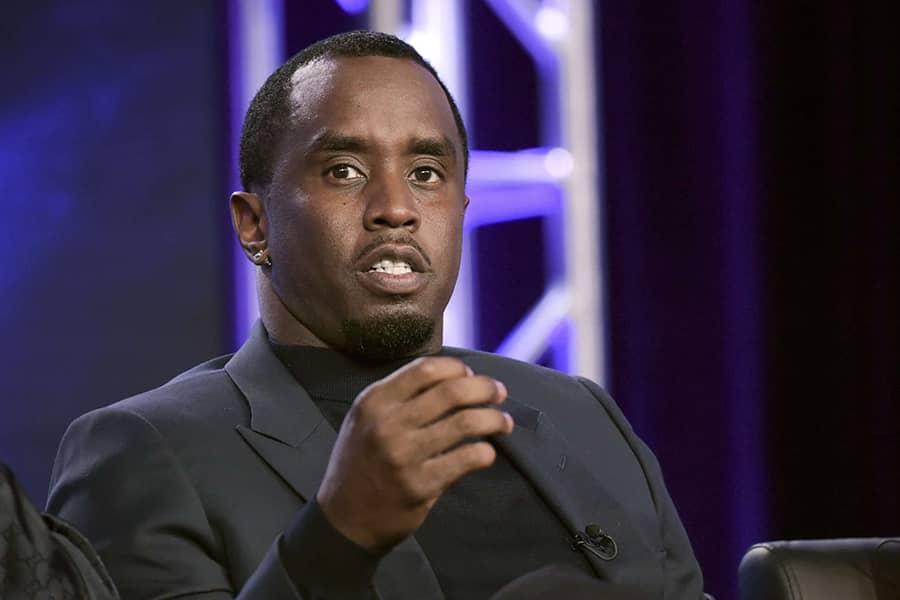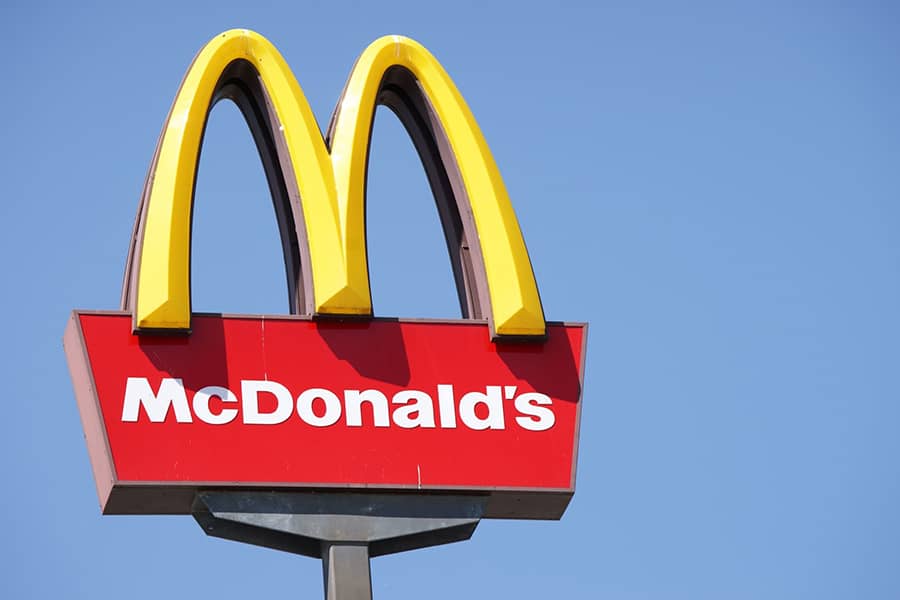Sean Diddy Combs is confronted with 120 fresh accusations of sexual assault.

Introduction: Overview of Recent Allegations
The recent wave of allegations against Sean Diddy Combs marks a significant moment in the ongoing discourse surrounding accountability in the entertainment industry. With 120 new claims surfacing, many of which span decades, this unprecedented scrutiny invites a deeper examination of both celebrity culture and the systemic issues that allow such behavior to persist. These accusations are not just whispers—they represent a collective expression of pain and resilience from survivors who feel empowered to finally share their truth.
As social movements like #MeToo have reshaped societal perceptions of sexual violence, these revelations challenge not only Diddy’s legacy but also the industries that have long turned a blind eye. The sheer volume and diversity of experiences detailed in these claims underscore the complexity of power dynamics at play within show business. While some may rush to defend or dismiss, it is essential to recognize this as an opportunity for broader societal reflection on how we treat those who come forward—especially when faced with rich and powerful adversaries. This moment is poised to redefine narratives around fame, responsibility, and justice in ways we have yet to fully comprehend.
Background: Who is Sean Diddy Combs?
Sean Diddy Combs, often simply known as Diddy, has been a transformative figure in the music industry, redefining hip-hop and R&B since the early ’90s. His journey began as a talent director at Uptown Records, where he helped to cultivate artists like Mary J. Blige and Jodeci before founding his own label, Bad Boy Entertainment. Through innovative collaborations and an instinct for spotting raw talent, Combs propelled iconic artists such as The Notorious B.I.G., Faith Evans, and Mase into superstardom. Beyond music, he ventured into entrepreneurship with ventures in fashion, spirits, and beverages—most notably Ciroc vodka—showcasing his business acumen.
Yet beneath the glitzy façade of fame lies a more controversial narrative that has emerged alongside his illustrious career. With the recent surge of 120 fresh sexual assault allegations against him, this duality becomes starkly apparent. While many admire his contributions to culture and entertainment—a philanthropist championing social causes—others are now reevaluating their perception of him in light of these serious claims. For Diddy, who once epitomized the glamor associated with success in Hollywood, this moment may mark a significant turning point; it raises profound questions about accountability within celebrity culture and forces fans to grapple with the complexities surrounding their idols. As these allegations unfold publicly without prejudice or bias toward his past achievements or charitable works, Sean Diddy Combs’s legacy is poised for reevaluation through both adoration and scrutiny alike.
Details of the Accusations: Timeline and Context
The fresh wave of accusations against Sean Diddy Combs brings to light intricate layers surrounding his public persona and personal life, with a timeline that stretches back decades. Allegations span from the 1990s to recent events, creating an unsettling narrative thread that weaves through both his professional ascent and tumultuous relationships. Many accusers have detailed incidents that occurred during pivotal moments in the music industry, often highlighting how power dynamics play a role in enabling such behaviors to go unchecked.
Understanding this context reveals not only individual stories but also systemic issues prevalent within celebrity culture and the entertainment industry at large. It raises critical questions about accountability among powerful figures—how often do emotional scars linger long after physical harm ends? The gravity of these allegations sparks necessary discussions about victims’ voices and their courage to speak out despite potential backlash. As the legal battles unfold, each allegation serves as a stark reminder of the disparities between fame and justice, challenging us all to reconsider what it means to support survivors in their pursuit for truth.
Legal Implications: What Happens Next?
As the tides of public opinion shift in light of these new allegations against Sean Diddy Combs, the legal landscape becomes increasingly complex. With 120 fresh accusations of sexual assault surfacing, it’s imperative to understand the potential ramifications for all parties involved. The sheer volume of claims could lead to a seismic wave within the judicial system, prompting investigations not just into Combs’ actions but also into his network, including those who may have been complicit or turned a blind eye.
From a legal standpoint, we can anticipate a flurry of civil and possibly criminal proceedings that will unfold over time. If any allegations are substantiated through credible evidence, this could open the door for significant financial liabilities and reputational damage that may haunt Combs long after court cases conclude. Furthermore, there is a growing public scrutiny on how such claims are handled—both by law enforcement and by industry leaders—which might push for more stringent legal reforms aimed at protecting victims while holding powerful figures accountable.
Moreover, as these cases garner media attention, they can catalyze discussions about broader societal issues regarding consent and accountability in entertainment and beyond. Will this wave of accusations instigate changes in how sexual misconduct is perceived and tackled within industries where power dynamics often silence victims? As we wait for developments from both prosecutors and alleged perpetrators alike, one thing is clear: this situation may well set precedents that shape future discourse around sexual violence law.
Public Reaction: Social Media and Celebrity Responses
Public reaction to the mounting allegations against Sean Diddy Combs has exploded across social media platforms, where users are grappling with a cocktail of shock, outrage, and support for the alleged victims. Hashtags like #MeToo and #DiddyAwareness surged, as advocates amplify calls for justice and accountability in an industry often criticized for its culture of silence around abuse. This digital outcry reflects a broader societal shift that prioritizes survivors’ voices over celebrity status, highlighting how social media serves as a powerful tool for change and awareness.
Celebrities have also weighed in on the matter, with some choosing to express their solidarity with victims while others remain noticeably silent—a choice that hasn’t gone unnoticed by fans. High-profile figures who publicly support accusations often find themselves at odds with the industry’s longstanding norms; their responses signal not only personal beliefs but also pressure the entertainment community to confront uncomfortable truths. As discussions circulate around accountability, it becomes increasingly evident that this isn’t just about one individual’s legacy but rather an urgent call for cultural transformation within Hollywood itself. The question remains: will this moment drive meaningful conversations or ultimately fade into another wave of viral trends?
Historical Patterns: Previous Allegations Against Diddy
Throughout his career, Sean Diddy Combs has faced various allegations that illuminate a troubling pattern within the entertainment industry—a realm often shielded from scrutiny by power dynamics and celebrity status. In the late 1990s and early 2000s, whispers began to surface around Diddy’s relationships with women, revealing a narrative of manipulation and coercion that would follow him into the present day. These early allegations set a precedent for how victims were perceived in Hollywood; many felt silenced or dismissed, overshadowed by Diddy’s commercial successes and social currency.
The recent resurgence of accusations brings forth not just claims against one man but also reflects broader societal issues regarding consent and accountability in an industry notorious for its misogyny. As more individuals step forward, it becomes increasingly evident that these aren’t isolated incidents but rather part of a systemic problem where power is exploited at the expense of vulnerable voices. This wave of allegations does not merely seek justice for past grievances; it sparks vital conversations about long-held cultural norms surrounding fame, wealth, and the often-invisible barriers that protect perpetrators while threatening their victims with public backlash or worse—silence. What remains crucial now is whether this reckoning translates into tangible changes within the industry or whether history will repeat itself once again.
Impact on Career: Future Projects at Risk
The recent wave of allegations against Sean Diddy Combs not only casts a shadow over his legacy but also raises critical questions about the future of projects tied to his brand. As accusations multiply, collaborators, investors, and sponsors may feel compelled to distance themselves from a figure facing such serious claims. The ripple effect could jeopardize upcoming music releases, film productions, and even philanthropic endeavors that rely on Diddy’s star power and industry connections. For artists and executives in the entertainment landscape, this is more than just scandal—it’s an urgent reminder that reputations can crumble overnight.
Moreover, the evolving cultural conversation surrounding accountability in the industry presents an unprecedented challenge for those involved with Diddy’s projects. Stakeholders may now weigh their own reputations against association with someone under scrutiny; they must consider how public perception will shape audience reception. This precarious balancing act places enormous pressure on creative teams who must navigate not only the logistics of production but also societal expectations around ethical behavior in business partnerships. As these dynamics shift, we face a pivotal moment where artists may need to redefine what success looks like amidst controversy—ultimately reshaping their careers in ways previously unimagined.
Support for Victims: Resources and Advocacy Groups
Navigating the aftermath of trauma can be overwhelming, but various resources and advocacy groups stand ready to support victims of sexual assault. Organizations like RAINN (Rape, Abuse & Incest National Network) provide critical services, including a 24/7 hotline for immediate help and confidential support. They serve as a beacon for those seeking guidance or someone to talk to, reminding survivors that they are not alone in their pain. Additionally, local advocacy groups often offer tailored resources such as legal assistance and counseling that recognize the unique circumstances faced by individuals in their communities.
The power of community cannot be overstated; peer support groups become safe havens where survivors share their stories without judgment. These spaces not only foster healing but also empower individuals to reclaim their narratives and advocate for systemic changes in how society responds to sexual violence. The recent surge in allegations against high-profile figures underscores an urgent need for collective action from both individuals and organizations devoted to this cause. As conversations continue to evolve around accountability and healing, it is essential for all who have experienced trauma to know that there is a robust network of advocates prepared to stand beside them on their journey toward justice and recovery.
Media Coverage: How the Press is Responding
Media coverage of Sean Diddy Combs’s recent wave of sexual assault accusations has ignited a firestorm of reactions across various platforms. Journalists are grappling with the implications these fresh claims could have not only on Combs’s legacy but also on broader conversations about accountability in the entertainment industry. Many outlets are leaning into investigative reporting, seeking to unearth patterns that may connect these allegations and give voice to previously silenced victims. This critical lens is allowing for a deeper examination of the societal structures that often shield powerful individuals while marginalizing those who come forward.
On social media, public sentiment appears divided; fans express disbelief while advocates for survivors rally around the accusers with increasing fervor. Prominent voices in both sectors are harnessing hashtags and platforms to explore themes of consent and power dynamics within Hollywood’s inner circles. As more high-profile figures weigh in, it becomes evident that this issue transcends celebrity gossip; it’s part of a larger dialogue about trust, justice, and reform within an industry notorious for its entitlement attitudes. This moment challenges us all—both as consumers and participants—to scrutinize our complicity in systems that enable abuse. The unfolding narrative compels us to consider where we stand in support or denial as new details emerge from this gripping saga.
Conclusion: The Importance of Accountability in Hollywood
The recent allegations against Sean Diddy Combs highlight a crucial turning point for Hollywood, where the veil of silence surrounding sexual misconduct is slowly being lifted. Accountability serves as more than just a response to sexual assault accusations; it represents a seismic shift in cultural values within the entertainment industry. By holding powerful figures accountable, not only do we begin to restore trust among artists, creators, and audiences alike, but we also pave the way for future generations to thrive in an environment that prioritizes dignity and respect.
Moreover, these confrontations can initiate meaningful dialogue about consent and power dynamics that have long been ignored. They challenge filmmakers and producers to create safer workplaces where all voices are heard—especially those of marginalized individuals who often bear the brunt of abuse in hierarchical systems. As Hollywood grapples with its complicity in perpetuating such behavior, fostering accountability could ignite broader societal transformations that transcend entertainment and influence culture at large. In this landscape of change, every allegation approved by transparency signals not just justice for victims but also hope for an inclusive future rooted in integrity.




